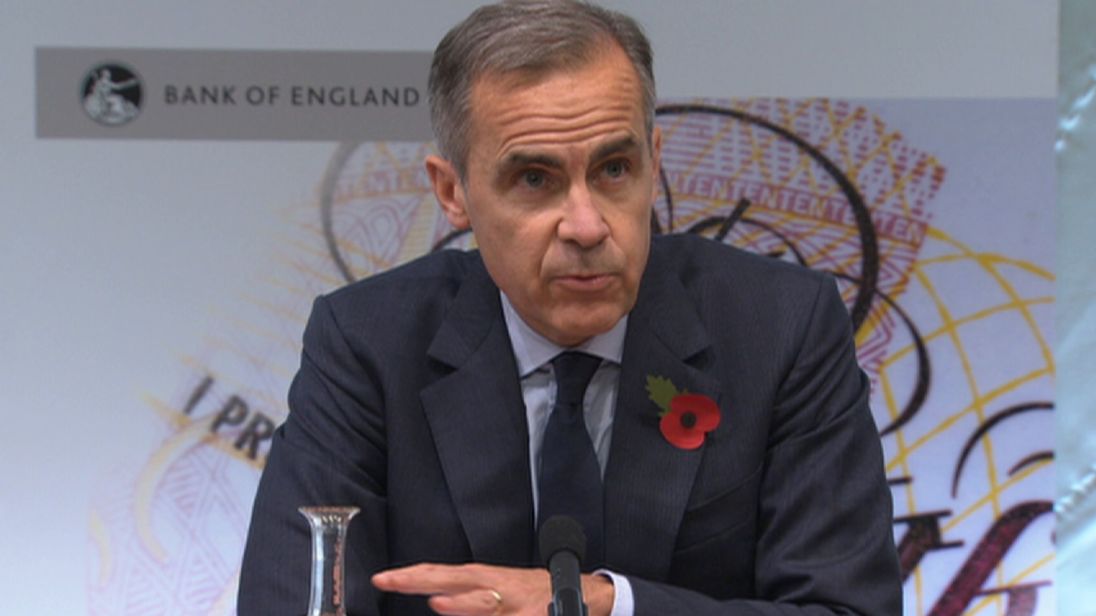Everton's biggest shareholder is facing questions over the ownership of the club in the wake of the so-called Paradise Papers leak.
The documents, relating to the financial affairs of some of the world's top business people, companies and well-known figures including the Queen, was released to a panel of news organisations including The Guardian newspaper and the BBC.
Contained within the 13.4 million records were documents relating to Farhad Moshiri and links to Alisher Usmanov.
It is claimed the papers suggest Mr Moshiri was gifted funds by the Russian oligarch to buy a joint 30% stake in Arsenal.
Mr Moshiri sold his shares to Mr Usmanov in February 2016, with the businessman going on to purchase a 49.9% holding in Everton last year.
The claims were seen as raising questions about who actually owns what in which club and whether Premier League ownership rules – which forbid any large investor from having holdings in multiple clubs – have been broken in the process.
:: Corbyn vows to 'come down hard' on tax avoiders

Mr Usmanov and Mr Moshiri have denied any wrongdoing.
The Russian's legal representatives said there were factual errors in the allegations, including claims that the company used to oversee Mr Moshiri's purchase of the Merseyside club in 2016 was owned by Mr Usmanov.
Lawyers for the Iranian-born British investor have said he is independently wealthy – telling BBC Panorama that he funded his football investments himself.
Labour's deputy leader Tom Watson has called on the Premier League to investigate.
The Premier League issued a statement to Sky clarifying its ownership rules, saying it would not disclose confidential information about clubs.
But it added: "The Premier League has wide-ranging rules in the areas of club ownership and finance.
"These include prospective new owners having to meet the Premier League Board and provide extensive detail on the sources and sufficiency of funding they have in place.
"They must also submit information on the financial structure of any proposed investment, and a business plan demonstrating that all liabilities can be met for at least 12 months ahead.
"The League prohibits any club owner or director from having an interest in another club, or the ability to influence another club's policies.
"Should a prospective club owner have previously held shares in a different club, they must provide evidence that they have been divested.
"Only when these and many other rules have been applied, and due diligence completed, will the Premier League Board allow an investment to proceed."
More business news
- Previous article Microsoft prepares to release Xbox One X
- Next article US secretary hits back at Paradise Papers claims

